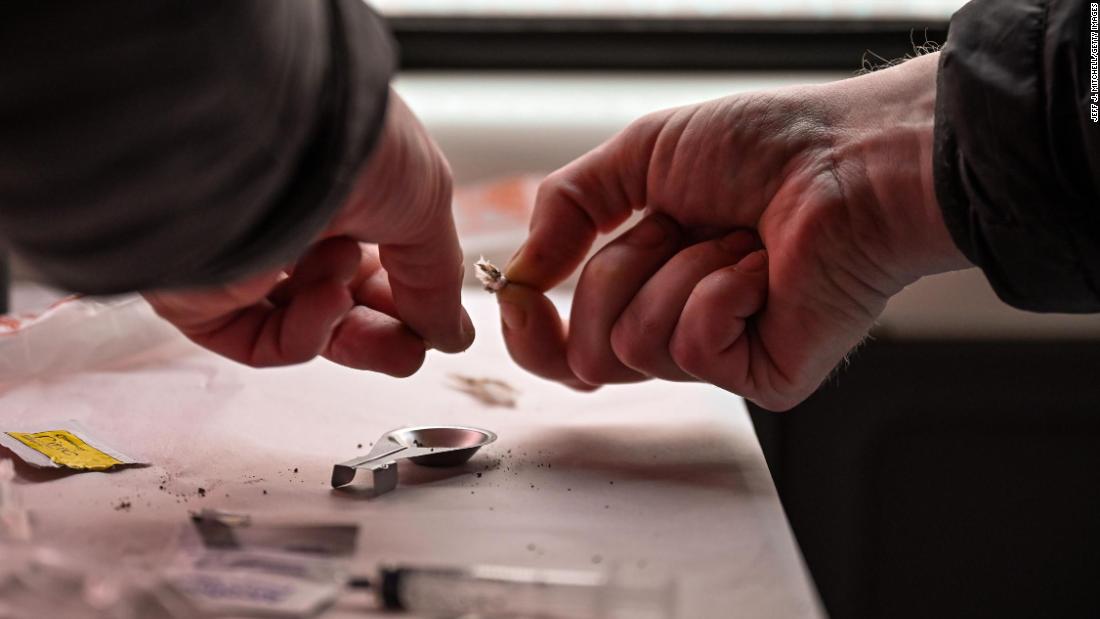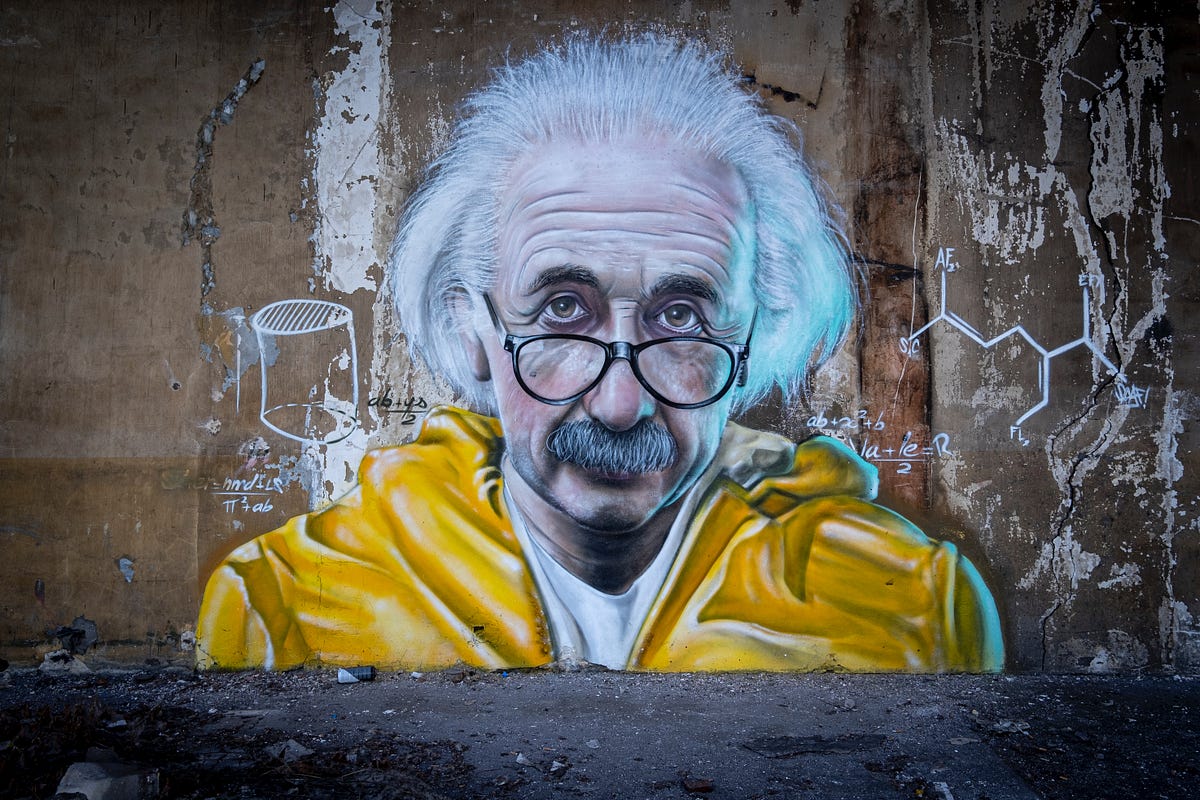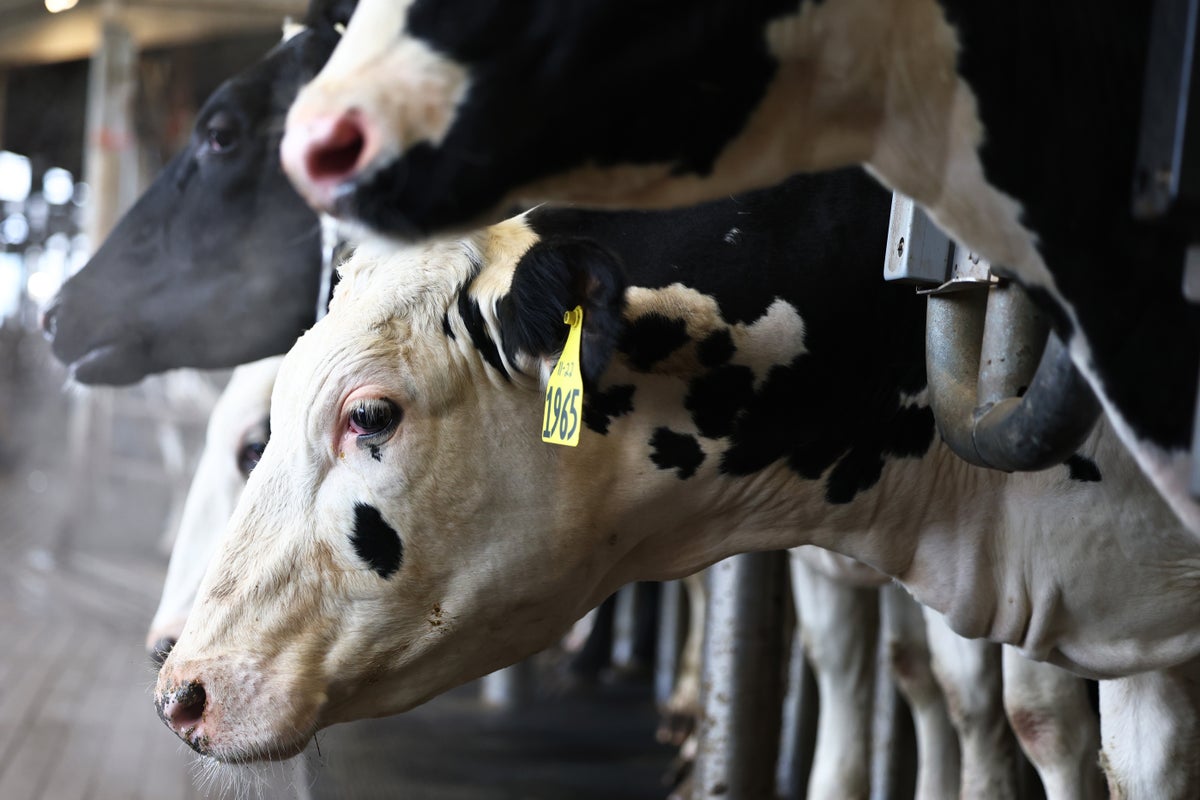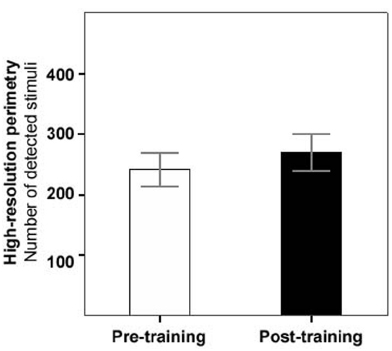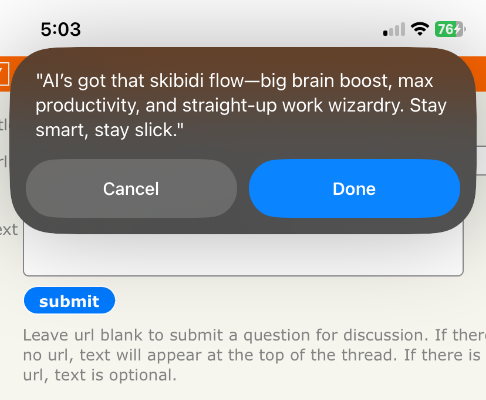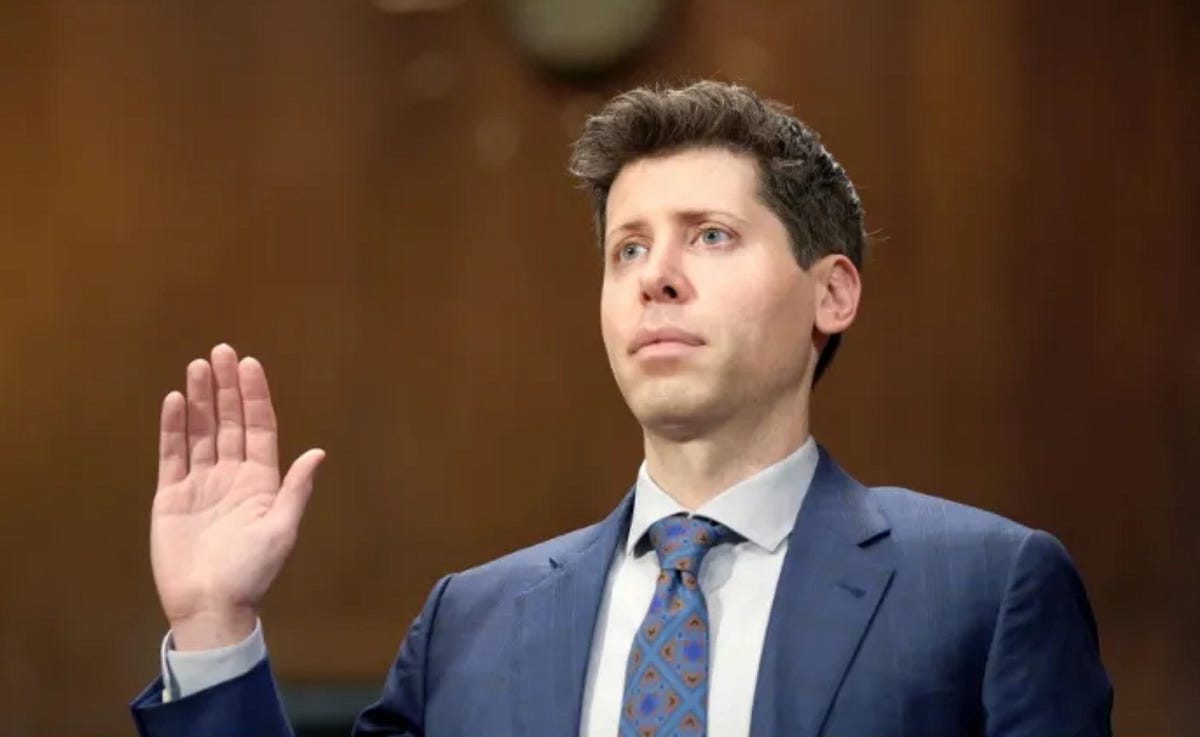
Like Kennedy, I Recovered From Heroin Addiction. I Don’t Agree With His Approach.
Robert F. Kennedy Jr. and I share the experience of recovering from heroin addiction. Like me, he started the process at a residential rehabilitation facility in the 1980s and participated in a 12-step program based on Alcoholics Anonymous, which promotes abstinence from substances. Unlike me, however, he seems to have remained wedded to this treatment model, despite evidence that it fails many people with drug addictions. This could do enormous harm if he is confirmed as secretary of health and human services.
H.H.S. oversees the National Institutes of Health, the world’s largest source of funding for addiction research, and the Substance Abuse and Mental Health Services Administration, which provides billions in funding to states for drug treatment. It also leads the Food and Drug Administration, which regulates medications, and the Centers for Disease Control and Prevention, which tracks overdoses.
Addiction care has made agonizingly slow but meaningful progress since the 1980s, shifting from a one-size-fits-all model of total abstinence toward a data-backed approach that can include addiction medications and is tailored to people’s needs and preferences. This could be reversed if such therapies are no longer prioritized by the government.
